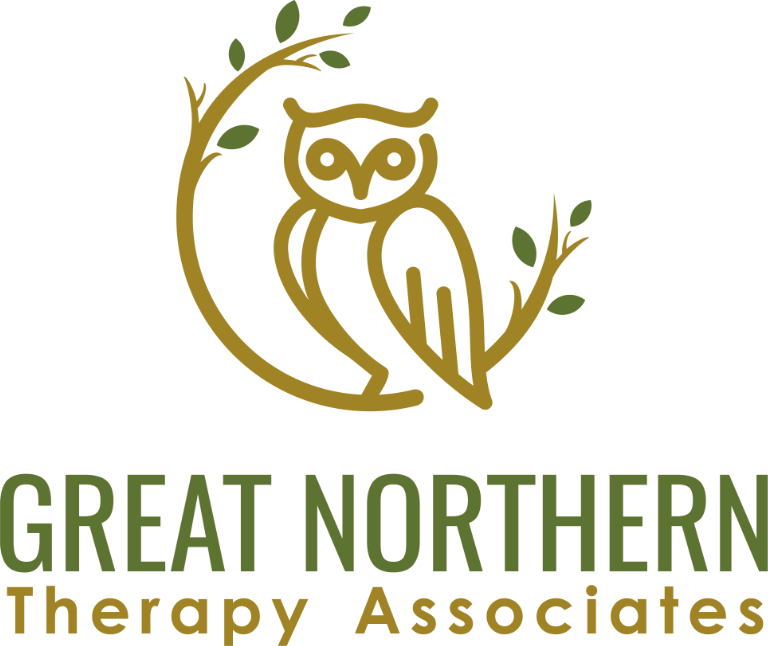According to a Gallup poll, 48% of America’s job seekers expressed concern about the lack of psychological safety in the work environment. Google researchers found that psychological safety is a critical element well-functioning teams.
What Is Psychological Safety?
The term ‘psychological safety’ was coined by Dr. Amy Edmondson, the Harvard Business School professor who defined it as “the belief that one will not be punished or humiliated for speaking up with ideas, questions, concerns, or mistakes.” Teams with a high level of psychological safety not only allow, but encourage, team members to:
- Express opinions
- Offer new ideas
- Challenge the status quo
- Question decisions
- Take risks
- Admit mistakes
The term psychological safety is intertwined with the concept of managing others and the hierarchy of the workplace.
How Psychologically Safe are U.S. Companies?
Many corporations’ upper management consider their company culture to be very psychologically safe. However, a recent McKinsey Survey reveals most organizations do not demonstrate the positive behaviors that create an environment of psychological safety.
Psychological Safety Starts At The Top
It’s senior leadership’s responsibility to not only create, but also maintain, a psychologically safe work environment. Some crucial steps include:
- Creating a statement explaining why psychological safety matters, and describing the behaviors expected to create and maintain it.
- Modeling those behaviors in every interaction.
- Providing training for all team leaders and team members.
- Conducting internal research to gauge the level of psychological safety in the organization.
Psychological Safety Must Be Actively Maintained
Psychologically safe work environments are not only rare but also fragile. They most basic measure of psychological safety is the on the willingness of team members to speak candidly about issues in the work environment.
Team leaders must be on the lookout for interactions that inhibit a team member’s willingness to speak candidly. Such destructive words or actions occur when a team member is:
- Not trusted or treated with respect
- Not given the opportunity or allowed to speak up
- Ignored or humiliated by a superior or other team members
When these types of interactions are detected, immediate action must be taken to show the entire organization that psychological safety is not just a stated goal, but part of the organization’s culture and, as such, will be protected.
Great Northern Helps Injured Workers Recover
Recent events like the pandemic have really shined a light on mental health issues in the workplace. Great Northern Therapy Associates is your partner who can provide counseling services to injured workers. We have therapists throughout many states who can meet in person and via remote telehealth sessions to work with injured workers and develop an individualized plan to help them adjust and successfully return to work.
We have partnered with and provided mental health support to workers at some of the largest companies in the world. But, at our core, we are still “people taking care of people,” one person at a time. Contact us today by filling out a form (below), submitting a referral, or calling us at the number below.

